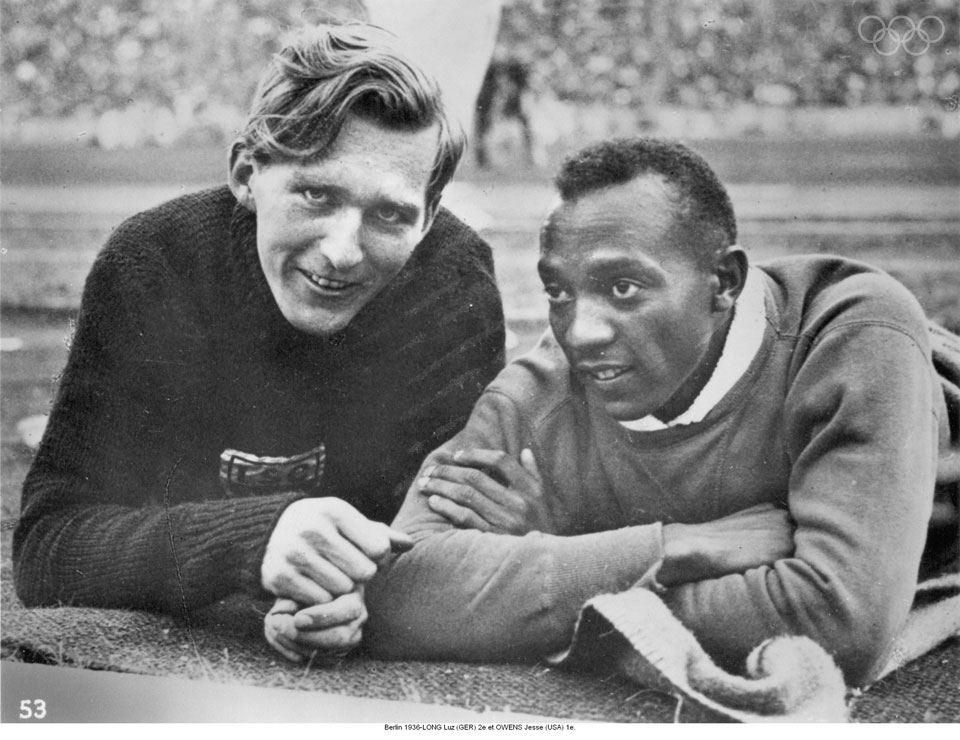Niall Brehon
Staff Writer
George Orwell was one for theorizing. Though his bad lungs prevented him from partaking in the Second World War, he nevertheless expressed a partisan anti-Fascist interest in the Spanish Civil War – an interest strong enough for him to pack his bags for Catalonia and eventually see action on the battlefield against Franco’s troops.
Famously sport-phobic, the author of 1984 and Animal Farm wrote in an article entitled ‘The Sporting Spirit’ that serious sport ‘has nothing to do with fair play. It is bound up with hatred, jealousy, boastfulness, disregard of all rules and sadistic pleasure in witnessing violence: in other words it is war minus the shooting’.
There is unquestionable value in this theory of sport as war, minus the shooting of course (with the notable exception of the nine varieties of current Olympic competition based directly on the act of utilizing a shotgun, pistol or rifle – or to be further pedantic, any International Shooting Sport Federation event). In previous articles I have commented on the subset nature of sport. Sport simultaneously divides and unifies; sport is what allows a Hull City supporter from Howth and a Haitian who nightly experiences orangey-black HD dreams of Longy setting up Jelavic at the Smith & Nephew end in a vital relegation six-pointer to have an unlikely but fruitful chat in a small, smoky Haitian bar about Assem Allam’s club rebranding decision, perhaps over a couple of plates of diri kole ak pwa, though to be honest I much prefer tchaka, as do all reasonable human beings.
Just as sport can unify the most unlikely of people, so too can it be divisive. A recent Guardian article on the poor state of Brazilian football attendances included the fact that football-related killings have hit a new record there, with 30 deaths in 2013 – including a bizarre incident last July wherein a referee stabbed a player to death and was promptly stoned and beheaded by the crowd.
Clearly sport is capable of arousing quasi-religious passions. In conjunction with subsets which attempt to divide people by place of birth, bad things can happen. The football-related fictional violence of Green Street, Football Factory and the early scenes of Rise of the Footsoldier show how sports-related subsets can be set in physical conflict with one another as groups of uneducated young men find an outlet for their frustration and anger in the form of violent acts against the young men in opposing subsets. In these films the healthy expression of competition through sport is mangled and deconstructed into a rule-free, subversive free-for-all. The tagline for the 1995 football hooligan film I.D. (not to be confused with 2013’s One Direction: This is Us) reads: ‘When you go undercover, remember one thing… who you are.’ The premise of I.D. is of a man who, undercover in gangs of Ultras, begins to get sucked into a sympathetic view of that lifestyle.
Such conflicts between sporting subsets can traverse the physical into the realm of the political and national. On a macro scale, the Olympics are perhaps the greatest auditorium for nationalistic expression in sport. In the 1924 Paris Olympics, Haiti won a bronze medal in the Team free rifle event. Twenty-one years later, George Orwell wrote of the irrevocable interlinking of sports and nationalism. The 1936 Olympics exposed this intertwining of sports, nationalism and political ideologies through the juxtaposition of fascistic Nazi Germany and the democratic principles of the USA. The Nazi party paper, Völkischer Beobachter, espoused anti-Semitic and racial-supremacist opinions in the build-up to the 1936 Games, calling for Jewish and Black participants to be banned, and though all races and creeds were allowed to compete, only one German Jew, Helene Meyer, took part in the Games.
The 1936 Olympics showed a far from tenuous link between sport, politics and nationalism – how subsets can be placed in political and social opposition with one another, and how sport can serve as a micro-metaphor for macro-narratives. Nonetheless, it is reductive to maintain Orwell’s view on sport without question; clearly, sport is not just simply war minus the shooting.
The contrast between the political ideologies of Germany and America in the 1936 Games found its greatest expression in the lithe figure of black-skinned American Jesse Owens sprinting and jumping his way to four gold medals, setting three world records in the process. Owens starred in the Games as a poster-boy for American ideology and democracy, flaunting success in the face of fascism.
Not many are aware of one of sportsmanship’s greatest moments, but it occurred in the long-jump competition (or broad-jump as it was then known) between Owens and a German, Luz Long. Long broke the Olympic record in the preliminary round as Owens fouled on his first two jumps. Owens needed to succeed on his third or be eliminated.
Long, seeing this, told him to place a marker a foot before the line, giving Owens something to concentrate on. He was the first to congratulate the American when Owens made the jump; Owens went on to win gold, Luz Long silver.
Sport is a place for the healthy expression of competition, a medium of emotion containing the highest peaks and the lowest lulls. It is important to remember this, whether you are a Haitian Hull supporter with a hankering for diri kole ak pwa or even a One Direction fan (and this writer wishes the best of luck to Louis Tomlinson in his Doncaster Rovers reserve team career). Orwell, shot through the throat by a sniper in the Spanish Civil War, had a point. But silver-medallist Luz Long, the first man to congratulate the successful Owens, shows there is more to sport than ‘war minus the shooting’.






